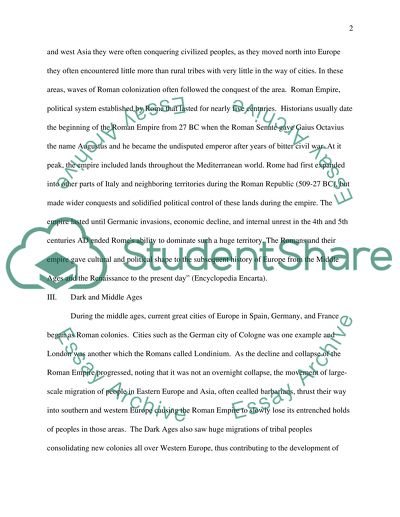Cite this document
(“Colonization Essay Example | Topics and Well Written Essays - 2500 words”, n.d.)
Retrieved from https://studentshare.org/history/1506761-colonization
Retrieved from https://studentshare.org/history/1506761-colonization
(Colonization Essay Example | Topics and Well Written Essays - 2500 Words)
https://studentshare.org/history/1506761-colonization.
https://studentshare.org/history/1506761-colonization.
“Colonization Essay Example | Topics and Well Written Essays - 2500 Words”, n.d. https://studentshare.org/history/1506761-colonization.


